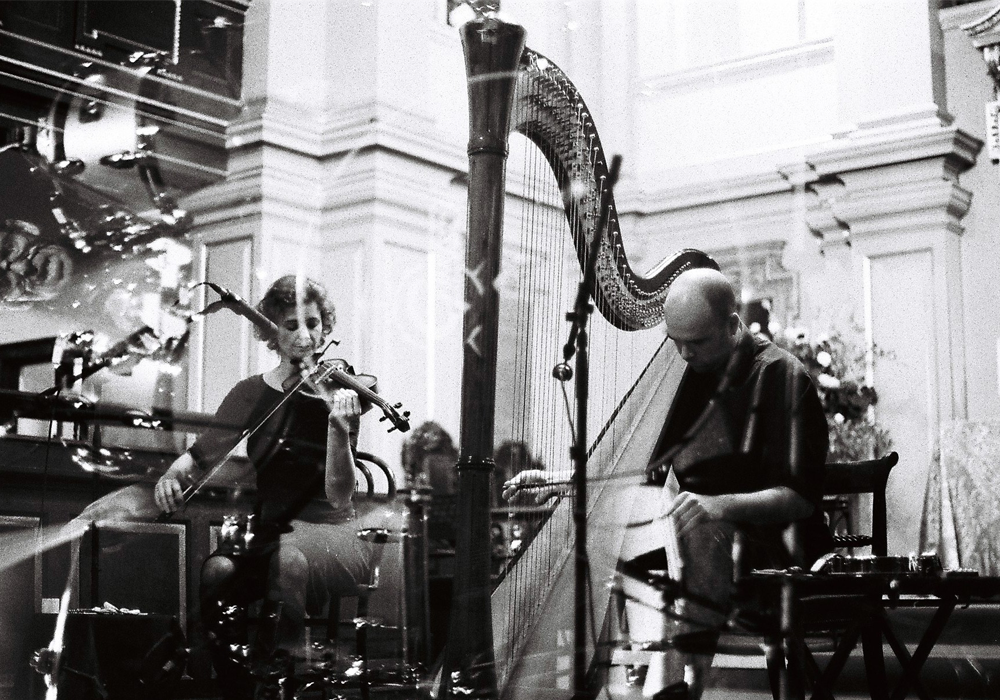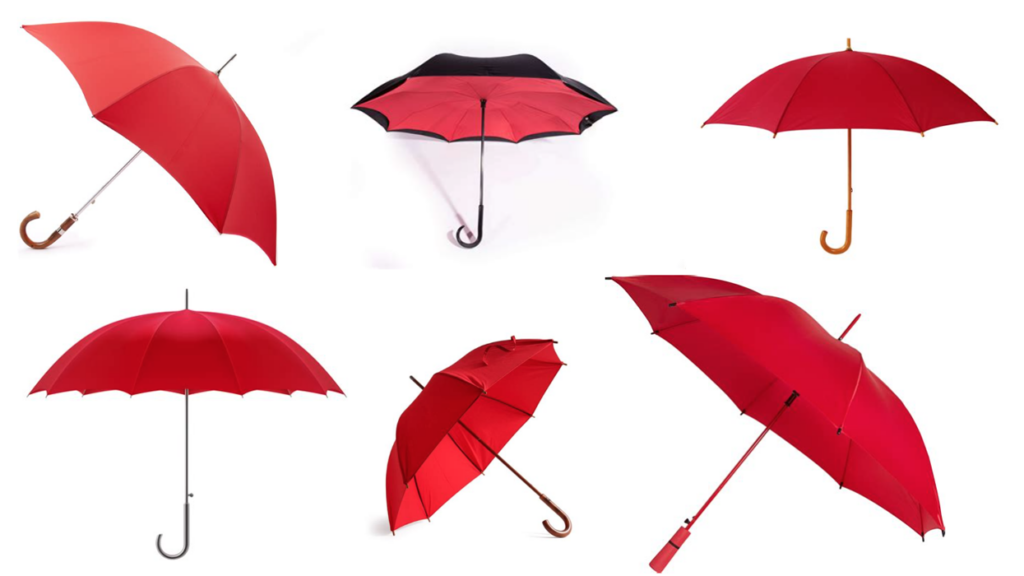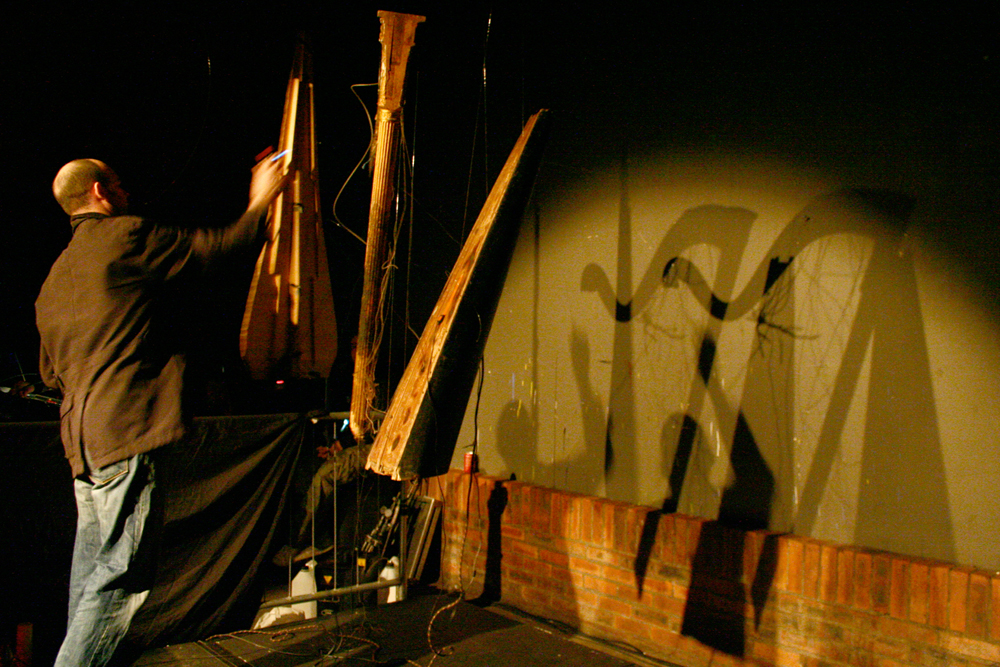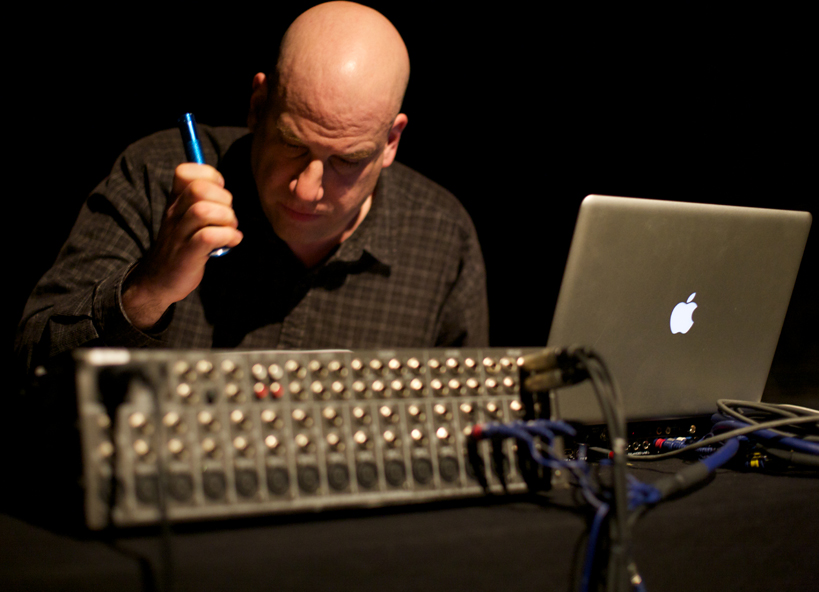
Borders between Mathematics, Gestures and Dance
boychild Fernando Zalamea
How do we gesture to the invisible, the trans or the obscure? A performative conversation between boychild and Fernando, a sharing of gestures, and a bodily back and forth between mathematician and dance artist.













